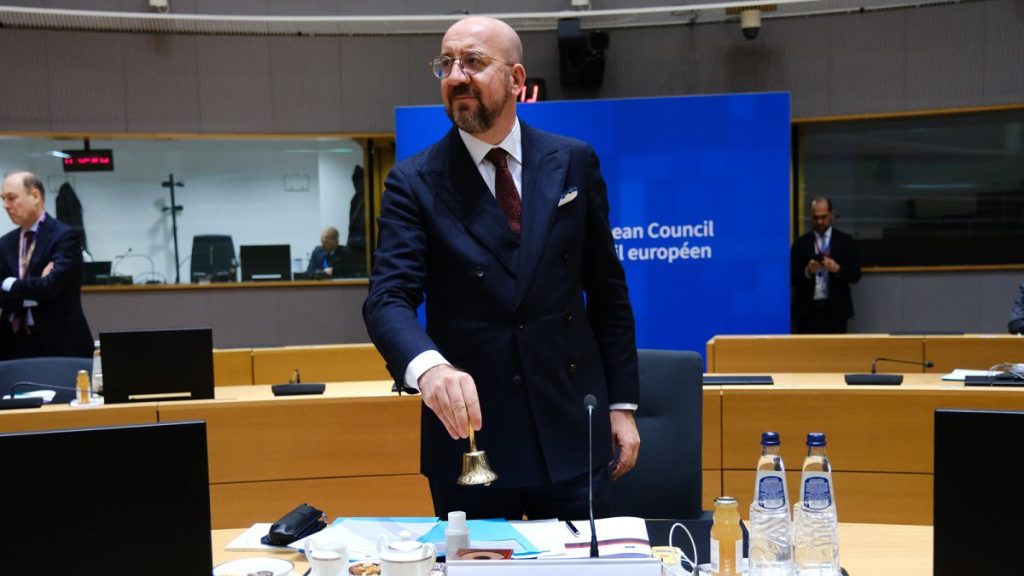EU leaders have expressed their support for deeper engagement with Lebanon in order to help protect the country from the effects of the crisis in the Middle East. European Council President Charles Michel highlighted the importance of working with Lebanon, including its armed forces, to help manage migration flows into Europe. The EU leaders have stated their readiness to work with all partners to prevent further escalation of tensions in the region, particularly in Lebanon, where the presence of Hezbollah and the large number of refugees make the country vulnerable to instability.
The economic crisis and fragile government in Lebanon, coupled with ongoing conflicts in the region, have raised concerns about the country’s stability. Tensions between Iran and Israel have recently escalated, with Iran launching an unprecedented attack on Israeli territory. The risk of Lebanon being dragged into the conflict is a growing concern, especially given the presence of Hezbollah, which has been involved in recent clashes. Lebanon also hosts a significant number of Palestinian and Syrian refugees, which could further complicate the situation and potentially lead to an increase in migrants seeking to reach Europe.
Cyprus recently announced a halt in processing asylum applications due to a surge in Syrian refugees transiting through Lebanon and attempting to reach the island. Cypriot President Nikos Christodoulides, along with EU Commission President Ursula von der Leyen, plans to visit Lebanon in May to address various issues, including migration. Christodoulides has suggested reassessing “safe areas” within Syria to facilitate the return of migrants and refugees, although it is unclear if other EU leaders support this proposal. Italy’s Prime Minister Giorgia Meloni has also called for an assessment of the situation in Lebanon to better understand the challenges the country is facing.
In recent years, the EU has been working to strengthen its external dimension of migration by negotiating deals with third countries to improve migrant controls and combat human trafficking. The bloc’s deal with Tunisia, for example, has drawn criticism from human rights advocates for overlooking human rights abuses and authoritarian practices in the country. Despite these criticisms, EU leaders have emphasized the importance of engaging with third countries to develop partnerships on migration and other issues beyond just addressing migration flows. Prime Minister Meloni’s push for an assessment of the situation in Lebanon reflects the EU’s ongoing efforts to address the complex challenges posed by migration and instability in the region.
Overall, the EU’s focus on deeper engagement with Lebanon highlights the urgency of addressing the country’s vulnerabilities amidst the broader crisis in the Middle East. By working with Lebanon and other partners in the region, the EU aims to prevent further escalations of tensions and instability that could have far-reaching consequences, including increased migration flows towards Europe. The EU’s efforts to strengthen its external migration policies, while facing criticisms for its deals with certain countries, underscore the complexity of addressing migration challenges in a way that upholds human rights and stability in the region. As EU leaders continue to navigate these complex issues, their commitment to engaging with Lebanon and other partners reflects a broader commitment to finding sustainable solutions to the challenges facing the region.


